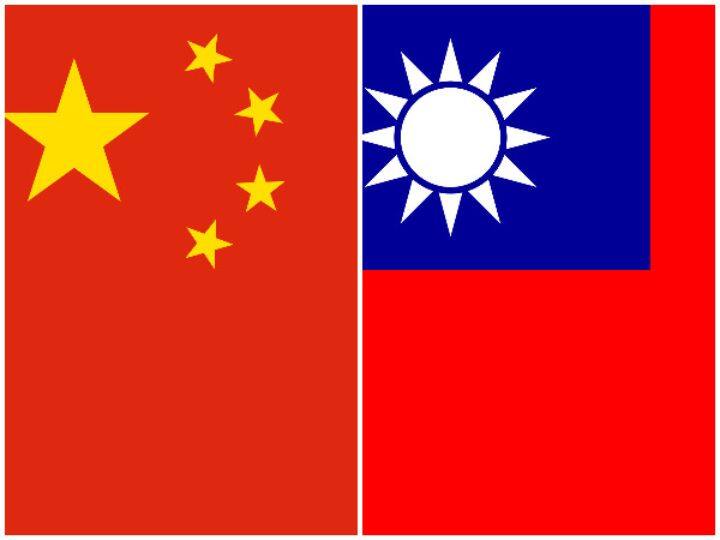EXPLAINED: One China Policy And US Stand On Taiwan
The US officially scrapped its diplomatic relations with the Republic of China that is Taiwan, in 1979, only to recognise the People’s Republic of China, the government in the mainland China, the same year.

United States President Joe Biden and his counterpart Xi Jinping of China spoke over the phone on Thursday and discussed Taiwan among other issues. The meeting was significant as it was the first interaction between the two leaders since March and was taking place before a likely visit of Nancy Pelosi, Speaker of the lower house of the US Congress, to Taiwan.
The status of Taiwan has been a roadblock in relations between the two economic powers of the world. While the US has time and again showed support to the democratically governed island, China has repeatedly asked America to stick to its One China policy.
One China Policy
The US had officially scrapped its diplomatic relations with the Republic of China (ROC) that is Taiwan, in 1979, only to recognise the People’s Republic of China (PRC), the government in the mainland China, the same year.
The move by US meant that the communist government in mainland China was the legitimate representative and Taiwan was a breakaway part of it.
However, the One China policy of the US is guided by its Taiwan Relations Act that was passed soon after the US established its diplomatic ties with China.
The Act rendered support to Taiwan in form of defending the island from external aggression along with continuing “deep commercial and economic links, and strong people-to-people ties” with Taiwan, according to the US Department of State. The Act also promotes a peaceful resolution to the Taiwan issue and asks for a status quo until that is achieved.
The Act, in effect, allows the US to maintain “a robust unofficial relationship” with Taiwan, as the US Department of State puts it, while also acknowledging China’s stand on the issue.
China’s Claim Over Taiwan
As the civil war came to an end in the mainland in 1949, the communist powers - the winners of the war - took hold of the country. As a result, the displaced government, the Republic of China (ROC), fled to Taiwan and declared Taipei as the capital while the communist government in the mainland, the People’s Republic of China (PRC) established Beijing as its capital.
Both the governments claimed themselves as the legitimate administrator and representative of China. For the coming two decades, ROC continued to be considered the legitimate government at the international level. However, the situation changed in 1971 after the United Nations recognised PRC as the actual Chinese government, a move that diplomatically isolated Taiwan.
However, the US only changed its stand in 1979. The changed stance was a result of continued improvement in the relations of China and the US, starting with the visit of the American table tennis players to China after an invitation from the host country. This later came to be known as “ping-pong diplomacy”.
The next year, US President Richard Nixon went to China and signed the Shanghai Communique that said, “The United States acknowledges that all Chinese on either side of the Taiwan Strait maintain there is but one China and that Taiwan is a part of China. The United States Government does not challenge that position.”
And in 1979, U.S. officially scrapped its relations with ROC and recognised PRC.
US-Taiwan Relation After 1979
Backed by the Taiwan Relations Act, US has unofficially continued its relations with Taiwan. It provides the island nation with “defense articles and services as necessary to enable Taiwan to maintain a sufficient self-defense capability.”
Also, US is the second largest trading partner of Taiwan, China being the first.
Future Of One China Policy
There have been demands in the US to officially recognise Taiwan as a free country. Last year, in March, two Republican lawmakers had tabled a bill in the House of Representatives to scrap One China Policy and set up diplomatic relations with Taiwan.
However, since the last four decades, Presidents of both the parties have pledged continuation of the policy as a means to maintain status quo and peace in the Taiwanese strait.
Related Video
Delhi flood update: once again AAP points out BJP, for Delhi's present situation





























